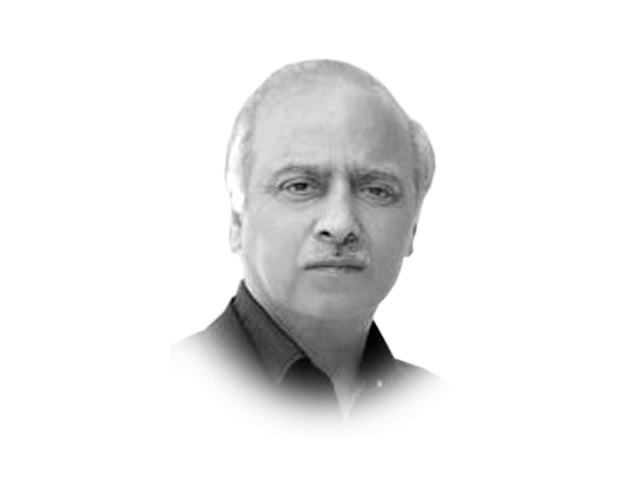Education, extremism and the elite
The Sharifs and Imran Khan can turn Pakistan around only if they handle education on a war-footing

The writer heads the independent Centre for Research and Security Studies, Islamabad and is the author of Pakistan: Pivot of Hizbu Tahrir's Global Caliphate
Under-paying highly educated young people employed by high-flying institutions affiliated with Oxbridge and other leading systems, is a perennial issue. Exploitation of the educated youth — both as teachers and students — is prevalent even in Islamabad, the capital, but this curse is omnipresent in its most oppressive forms in under-developed regions and those where the ruling elite control education boards or sit in parliaments. Although Khyber-Pakhtunkhwa (K-P) has seen a proliferation of private universities and colleges, there has been little check on their fee and salary structures. The Abbottabad, Peshawar and Mardan boards seem to be hubs of corruption that are under the control of the political elite and their henchmen. Many of them are involved in issuing fake degrees and under-paying teachers, often invoking the demand-and-supply principle as if teaching were a commodity obtainable at a negotiable price.
Some of Imran Khan’s colleagues in K-P are among those running private education institutions, a practice that has turned into an unchecked money-minting enterprise in the absence of a regulatory framework. The PTI has made a strong point about the accountability of the electoral system. Now, it must also embark on an accountability of those running educational institutions, especially its own members appointed to important positions in the K-P government. Of course they are not the only ones. Scores of private educators are exploiting students, often in collusion with officials of education boards and higher education departments. Why shouldn’t the highly educated young slip into confusion and extremist thought streams if, after a 17-year education, they either remain unemployed or extremely under-paid — earning paltry sums between $40-150 a month? This way, many private institutions are disincentivising education among those who come from poor families.
Another alarming issue is of fake degrees being issued by many private institutions and government education boards. Ironically, the business of fake degrees in Pakistan is nothing new, but really came to the fore only recently because of the activities of Axact. Many universities running under the charter of some London-based institutions have been doing the same thing. Even official education boards have been involved in this as illustrated through the disqualification of a PML-N legislator, Chaudhry Arif Hussain, for holding a fake degree issued by the Lahore Board of Intermediate and Secondary Education. Before Hussain, several other legislators also lost their seats for possessing fake degrees.
It is correctly believed that the government should not interfere in private education; however, it carries the responsibility to prevent fraudulent practices and preempt exploitation of students and teachers. Private educators have the right to determine fee structures, but they are also bound to pay teachers fairly and ensure quality education. They cannot, must not, be allowed to equate market economy principles with exploitation of young academics. Shouldn’t the government ask private institutions if there is a balance between the fees they charge and the salaries they pay to their teachers who hold master’s degrees?
The Sharifs and Imran Khan can turn Pakistan around only if they handle education on a war-footing and start meaningful reform of the sector. When will they crack down on the moth that is eating away the vitals of the education sector, stunting real intellectual development?
Published in The Express Tribune, August 26th, 2015.
Like Opinion & Editorial on Facebook, follow @ETOpEd on Twitter to receive all updates on all our daily pieces.














COMMENTS
Comments are moderated and generally will be posted if they are on-topic and not abusive.
For more information, please see our Comments FAQ